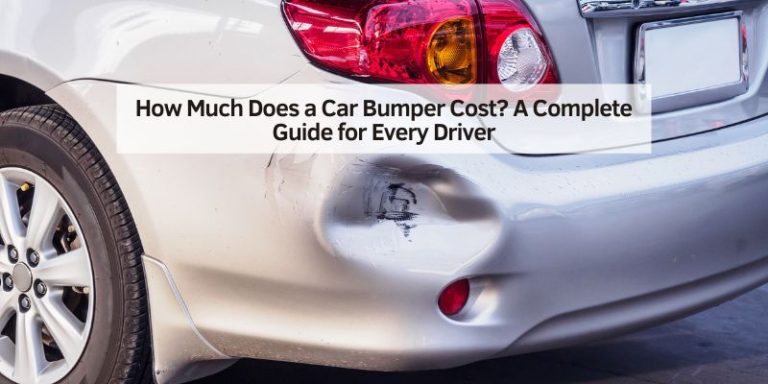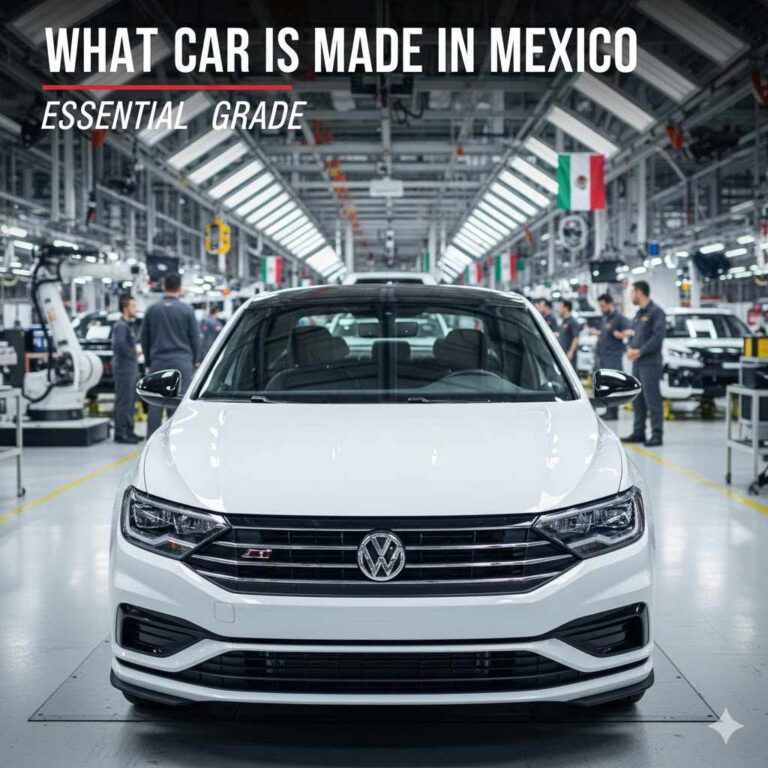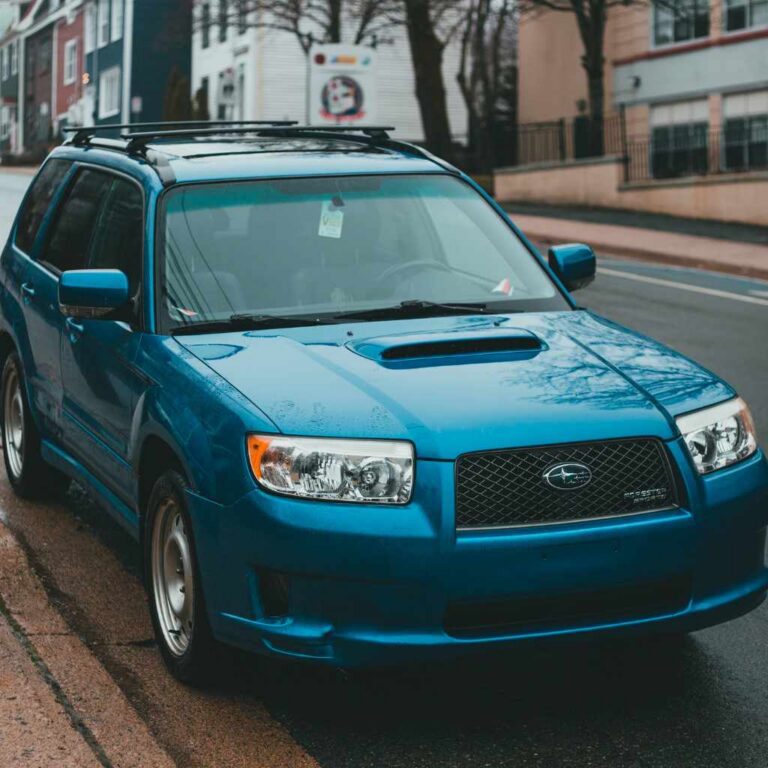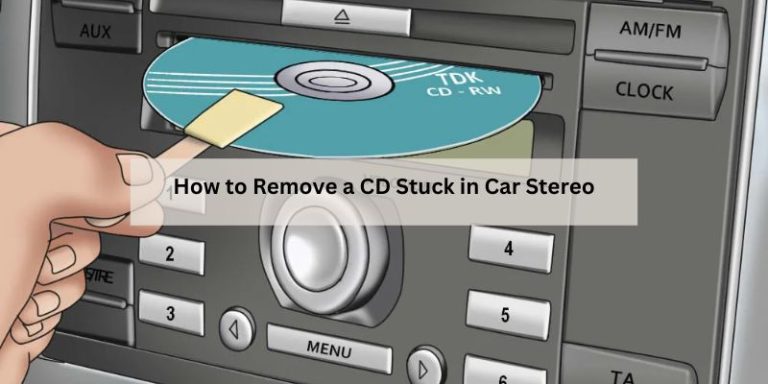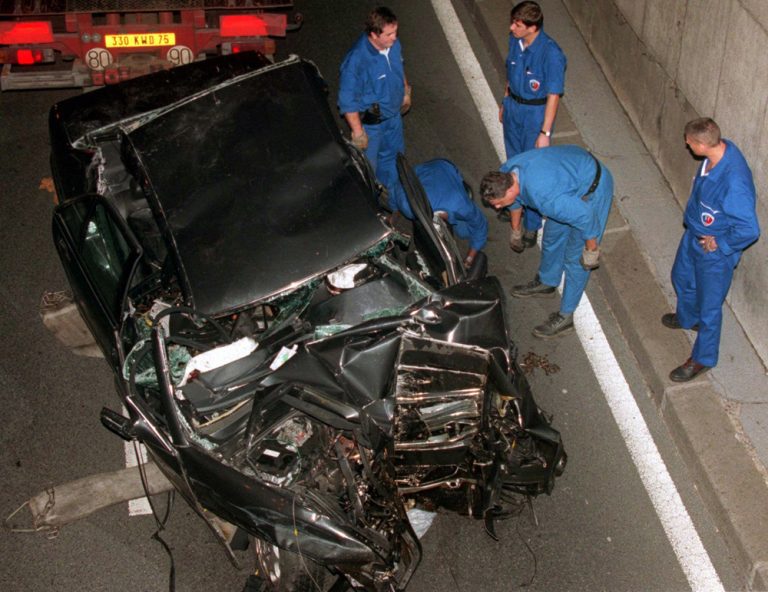Do I Need Comprehensive Insurance on an Old Car? Unveiled Truths
Comprehensive insurance on an old car is not necessary unless it is a classic or highly valuable vehicle. Older cars typically do not meet the “vehicle value” threshold for maintaining comprehensive coverage.
However, it is important to consider factors such as loan or lease agreements and the overall worth of the vehicle before making a decision.
Assessing Your Old Car’s Insurance Needs
When it comes to older vehicles, determining whether comprehensive insurance is necessary involves evaluating the car’s value and the cost of insurance. Unlike classic cars, most older vehicles do not meet the “vehicle value” rule of thumb for dropping comprehensive coverage. However, it’s important to consider the risk factors associated with older cars.
Comprehensive coverage helps protect against non-collision incidents such as theft, fire, hail damage, or hitting an animal. While it may be optional for fully owned cars, it’s recommended to mitigate potential costly repairs. Collision insurance, on the other hand, covers collisions with other objects or vehicles.
When assessing the need for comprehensive insurance on an old car, factors such as the car’s value, personal financial situation, and risk tolerance should be taken into account. It is also advisable to review the specific insurance requirements in your state.
The True Worth Of Comprehensive Insurance
Comprehensive insurance for an old car may not always be necessary, as older vehicles often don’t meet the value threshold. Unless it’s a classic or highly sought-after car, opting for just liability coverage may be more cost-effective. Consider the vehicle’s worth and potential repair costs before deciding on comprehensive insurance.
Pros Of Comprehensive Coverage
Comprehensive insurance provides protection against theft, fire damage, and other non-collision events. It can bring peace of mind knowing that your vehicle is covered in various scenarios. In case of a natural disaster or vandalism, comprehensive coverage ensures that you won’t bear the full financial burden of repairs or replacement.
Cons Of Over-insuring An Old Car
Over-insuring an old car may not be cost-effective. The premiums for comprehensive insurance might outweigh the actual value of the vehicle. It’s essential to assess the worth of your car and weigh the cost of coverage against the potential benefits.
When To Consider Dropping Comprehensive Coverage
When it comes to deciding whether to drop comprehensive insurance on an old car, age and depreciation are key factors to consider. Older vehicles often don’t meet the “vehicle value” rule of thumb for keeping comprehensive coverage. Unless you own a classic car that holds significant value, it may not be worth keeping comprehensive insurance on an older vehicle.
Comprehensive coverage helps with repairs or replacements after incidents like theft, fire, hail damage, or collisions with animals. While it’s optional for cars that are fully owned, it’s recommended to help cover costly repairs that can happen to any driver.
If your car doesn’t have a loan or lease, comprehensive insurance is likely not required. Additionally, if the vehicle’s value is low, it may not make financial sense to keep comprehensive coverage. In such cases, liability coverage and, in some states, personal injury protection may be sufficient.
Comprehensive Vs. Collision Insurance
When deciding whether to get comprehensive insurance for your old car, it’s important to consider the coverage scenarios. While comprehensive insurance covers non-collision incidents such as theft, vandalism, and natural disasters, collision insurance covers damage from car accidents. If your car is older and has a low value, you may want to re-evaluate the need for comprehensive coverage. Consider the cost of the premium and the value of your car when making this decision. Keep in mind that comprehensive insurance is optional if you own your car outright, but it can provide protection against unexpected and costly repairs.
State Requirements And Lender Expectations
When it comes to deciding whether to purchase comprehensive insurance for an old car, it is important to consider the legal minimums for older cars as well as the lender requirements for comprehensive insurance. While older vehicles may not meet the criteria for comprehensive coverage, some lenders may still expect it. It’s essential to understand the state requirements and lender expectations to make an informed decision about comprehensive insurance for an old car.
Alternatives To Comprehensive Insurance
|
Comprehensive insurance may not be necessary for an old car, especially if it doesn’t meet the “vehicle value” threshold. Liability-only coverage is a viable alternative for those who want to keep their premiums low. This type of coverage is mandatory in most states and covers damages caused by the policyholder to other people’s property or injuries. For classic cars, specialized insurance providers such as Hagerty, Grundy, American Collectors, American Modern, and Heacock provide the best options for coverage. They have experience in the industry and offer fair rates. Collision and comprehensive insurance are also options to consider, as they protect against unexpected damage and collisions with other objects or vehicles. |
Cost-benefit Analysis Of Comprehensive Coverage
Determining whether comprehensive insurance is necessary for an old car requires a cost-benefit analysis. While older vehicles may not meet the “vehicle value” rule of thumb to drop comprehensive coverage, it may not be financially sensible if the car isn’t worth much and you don’t have a loan or lease.
| Unless you own a classic car, older vehicles typically don’t meet the “vehicle value” rule for keeping comprehensive coverage. To determine if comprehensive coverage is worth it, calculate potential losses by weighing the cost of repairs or replacement against the cost of your comprehensive premium. Compare the premium to the out-of-pocket costs you would incur in the event of a loss. If the latter is lower, then comprehensive coverage may not be necessary. However, keep in mind that comprehensive coverage can be helpful in situations like theft or fire, which can happen to any driver. Ultimately, the decision to keep comprehensive coverage on an old car depends on personal circumstances and risk tolerance. |
Expert Opinions And Consumer Trends
Experts suggest that comprehensive insurance may not be necessary for older vehicles that do not hold significant value. The general consensus is that owners should consider the vehicle’s worth and potential repair or replacement costs. Consumer trends indicate that many old car owners opt for liability coverage instead, especially if the vehicle has been paid off. Insurance specialists advise that comprehensive coverage is beneficial for protecting against non-collision damages such as theft, fire, or natural disasters, but the decision ultimately depends on individual circumstances.
Making An Informed Decision
When deciding whether to get comprehensive insurance for an old car, it’s essential to review your personal circumstances. Consulting with insurance professionals can provide valuable insights into the best course of action. Older vehicles may not meet the “vehicle value” rule for comprehensive coverage. In such cases, it’s crucial to evaluate the importance of comprehensive insurance and consider factors like the car’s value and potential repair costs. Comparing various insurance options for old cars from different providers, such as Hagerty, Grundy, American Collectors, American Modern, and Heacock, can help in making an informed decision. Understanding the benefits of comprehensive coverage, including protection from theft, fire, hail damage, and other non-collision incidents, is essential for car owners. Ultimately, the decision to opt for comprehensive insurance on an old car should be based on a thorough assessment of individual needs and financial considerations.
Next Steps After Deciding Insurance Level
After deciding on the insurance level for your old car, the next step is to update your policy to reflect your choice. Comprehensive insurance provides coverage for damages to your car that are not the result of a collision, such as theft, fire, hail damage, or hitting an animal. It is optional if you own your car outright, but it is recommended to help with costly repairs. However, if your vehicle is not worth much, it may not make financial sense to keep comprehensive coverage.
Preparing for future car insurance changes is also important. It is crucial to regularly review your policy and make adjustments based on changes in your car’s value and your financial situation. Remember to consider factors such as the age and condition of your car, your driving habits, and your budget when deciding on the insurance level that is right for you.
Conclusion
Whether or not you need comprehensive insurance on an old car largely depends on the value of the vehicle and your personal financial situation. If your car is not worth much and you own it outright, it may not make sense to keep comprehensive coverage.
However, if you still owe money on the car or it has sentimental value to you, comprehensive insurance may be worth the investment. Ultimately, it’s important to evaluate your individual needs and make the decision that’s best for you.

